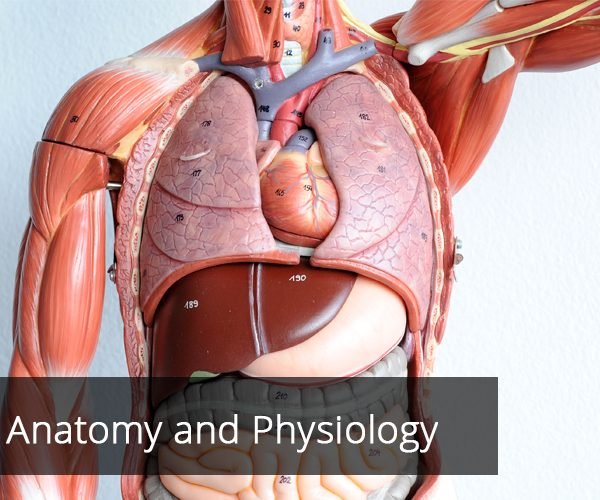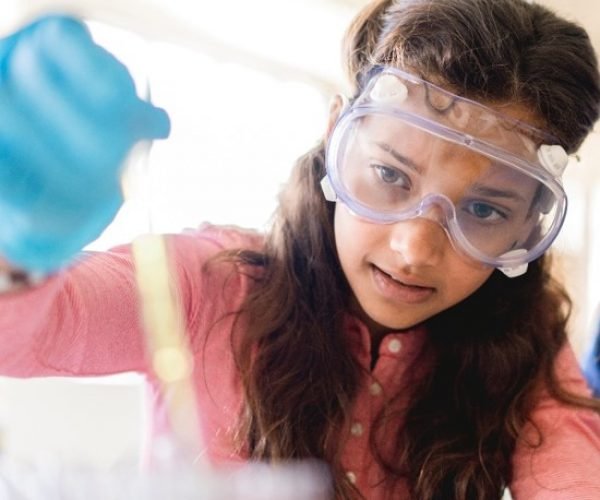

The Department of Nursing and Health Sciences currently runs a Bachelors program in Nursing. This program (also affiliated to the University of Ghana) is the latest addition to the School’s growing list of programs, and has been mounted primarily to accommodate the National demand for degree programs in Nursing by training world class health care professionals and academics.

The Bachelor's programme in Nursing broadly aims at achieving the following:
Enabling students to provide promotive, preventive, and restorative health services in line with the National Health Policies and Programmes.
Developing students’ knowledge and skills in providing nursing care based on steps of the nursing process in collaboration with individuals and groups.
Preparing students to assume responsibilities as professional, competent nurses to provide promotive, preventive, curative, and rehabilitative services
With its well-resourced library and laboratory, together with its highly experienced teaching staff, the Nursing programme seeks to offer the best tuition in Ghana making it the preferred destination for candidates wanting to study nursing.


This course is to introduce the student to the general structure of the human body. The body structure will be studied by organ systems and will involve a balance between gross anatomical study and histology. Form-function relationships will be emphasized. It will describe the structures of the skeletal, muscular, cardiovascular, digestive and urinary systems.
This course is a continuation of KBSN 101. The course will help students recognize the normal structure of the human body and apply this knowledge in nursing. Description of the integumentary, respiratory system, endocrine system, nervous system, and the reproductive system, as well as eye, ear, nose, throat, and genetics, will be provided.
This course is to introduce the student to the general function of the human body. It will describe the functions of the skeletal system, muscular system, cardiovascular system, digestive system, and urinary system. This course will seek to broaden the students understanding of the various systems in the body.
This course is a continuation of KBSN103. The course will help students recognize the normal function of the human body and apply this knowledge in nursing. Description of the functions of the integumentary, respiratory, endocrine, nervous, reproductive systems, eye, ear, nose, throat, and genetics are provided.
The course introduces students to the nursing process alongside the principles of physical, biological, and social sciences. Basic concepts of nursing and nursing skills are introduced and practiced in the Nursing Skills Laboratory to give students hands-on experience to the principles and concepts studied.
This course introduces students to the history, processes and methods of community health nursing. Students will discuss the concepts of health, personal and environmental health. They will also develop competencies in promoting health in the community and manage home accidents. Students will be expected to select a community or group and examine their environmental health practices.
This course introduces students to some concepts in psychology, which are required in understanding human behaviour and providing nursing care to individuals and families. It will examine theories underlying human behaviour, the physical, cognitive and psychosocial factors influencing human responses to illness and health will be explored.
This course introduces students to the theoretical aspects of basic life support skills, including Cardiopulmonary Resuscitation (CPR) to help students develop sufficient knowledge to be able to respond effectively and confidently in an emergency situation. This course is designed to give students the chance to gain an in-depth understanding of the nature of emergency nursing and the role of a nurse in meeting different needs of patient. It provides the students with knowledge that will help them to provide efficient nursing care during emergency and disaster situations either in pre-hospital settings or in hospital setting and also in disasters.
This course is designed to equip the student nurse with the history, development and legal aspect of the profession. It also helps the nurse to acquaint him or herself with professional conduct, the statutory bodies of nursing and appreciate the spiritual, physical, psychological and socio-economic needs of the patients. The course also provides information on basic principles underlying health and disease in nursing and enables the student to develop the requisite skills and positive attitude to meet the physical, psychological and spiritual needs of the patient.
This course introduces students to the biological and psychological developmental processes of adolescent. Students will also discuss the major health issues affecting the adolescent and are expected to study and explore a variety of aspects of adolescence health, and development. This knowledge will help the student to develop skills to analyze the public health issues of adolescence through developing conceptual frameworks and evidence based interventions and to recommend effective solutions and interventions.
The Nursing School at Knutsford University is the one of best Nursing School in Ghana offering credible, high standard and competitive Nursing courses that are comparable to other programmes internationally.
In fulfilling this programme, the Programme is designed to:
The objectives of the programme are to equip students to be able to: